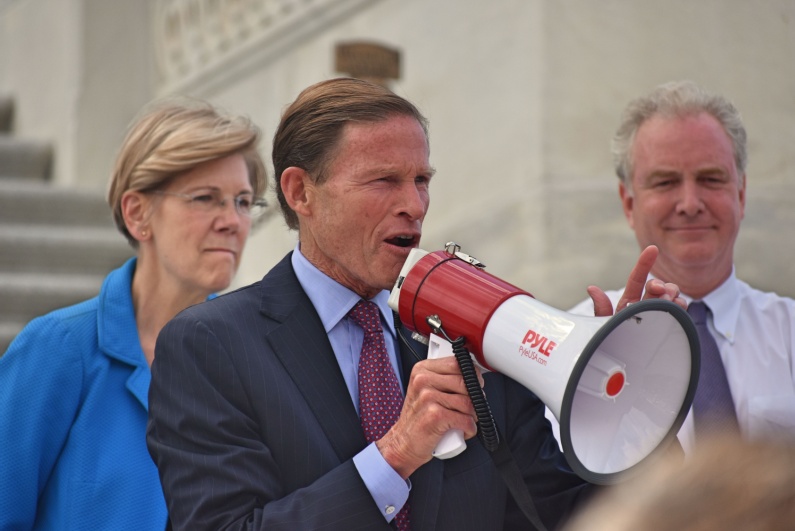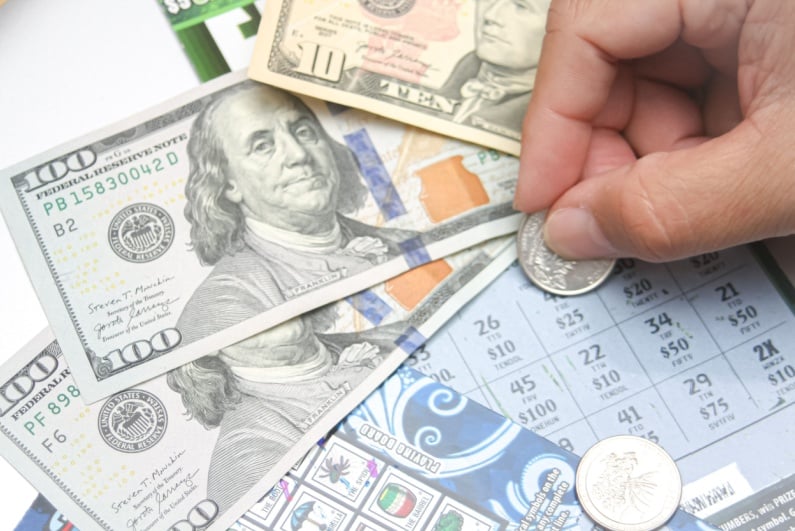Federal restrictions proposed
Two US lawmakers have outlined new legislation which would put major federal regulations in place on gambling operators.
The act would immediately place a nationwide ban on sports betting in the US
Senator Richard Blumenthal and Representative Paul Tonko, both long-time critics of the gambling industry, proposed the Supporting Affordability and Fairness with Every Bet Act (SAFE Bet Act). Among other regulations, the act would immediately place a nationwide ban on sports betting in the US.
Individual states would then have to complete an application process, with the Attorney General accepting or denying applications which would last for a period of three years.
The three As
The new process would be a major move away from the current model of allowing states to regulate the industry.
However, the two lawmakers were insistent that gambling ought to be dealt with on a federal, as well as state level. “State regulation is faint-hearted and half-baked. That’s why we need a national standard,” said Blumenthal. “Not to ban gambling, but simply to take back control over an industry that is out of bounds.”
“We need to address addictions of all kinds. If not, we’re failing in our responsibilities,” added Tonko.
The SAFE Bet Act is an effort to target three areas in gambling – advertising, affordability, and artificial intelligence (AI). The first would involve federal restrictions on advertisements between 8am and 10pm, as well as ending inducements such as bonuses and reloads.
customers would be banned from depositing more than five times in a single 24-hour period
For affordability, customers would be banned from depositing more than five times in a single 24-hour period, making deposits with credit card deposits, and be required to pass affordability checks if the total number of wagers placed within 24 hours was greater than $1,000. A self-exclusion list would also be formed on a nationwide level.
Lastly, the act seeks to limit the use of AI by gambling operators, banning the practice of using it to track individual habits and tailoring bonuses towards specific players.
Staunch opposition
Unsurprisingly, industry figures were cold on the proposed act, particularly given the enormous effort taken by stakeholders to put together the current labyrinthine state of US gambling regulation.
Introducing heavy-handed federal prohibitions is a slap in the face to state legislatures”
Chris Cylke, the American Gaming Association’s Senior Vice President of Government Relations, was quick to respond to the proposals, saying: “Introducing heavy-handed federal prohibitions is a slap in the face to state legislatures and gaming regulators who have dedicated countless time and resources to developing thoughtful frameworks unique to their jurisdictions.”
The move has also met some pushback from within the Democratic Party, with Rep. Dina Titus blasting the proposals in a statement released on Thursday.
“While the SAFE Bet Act is perhaps well-intentioned, pre-empting state gaming regulators by outlawing most forms of advertising and restricting the types and methods by which customers can place bets is a misguided approach,” the statement read.




